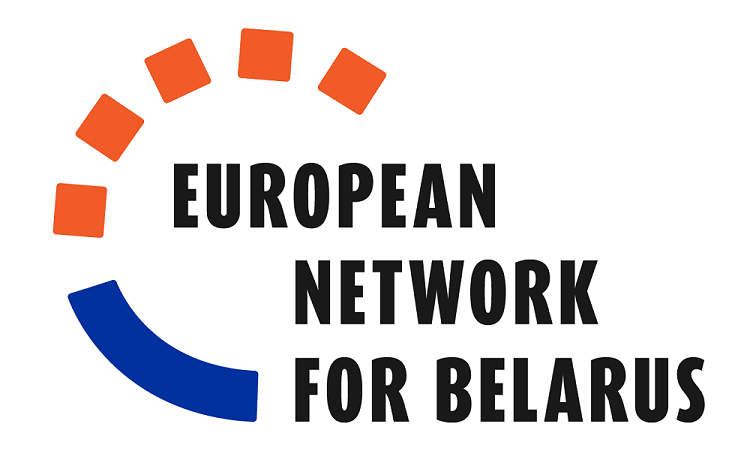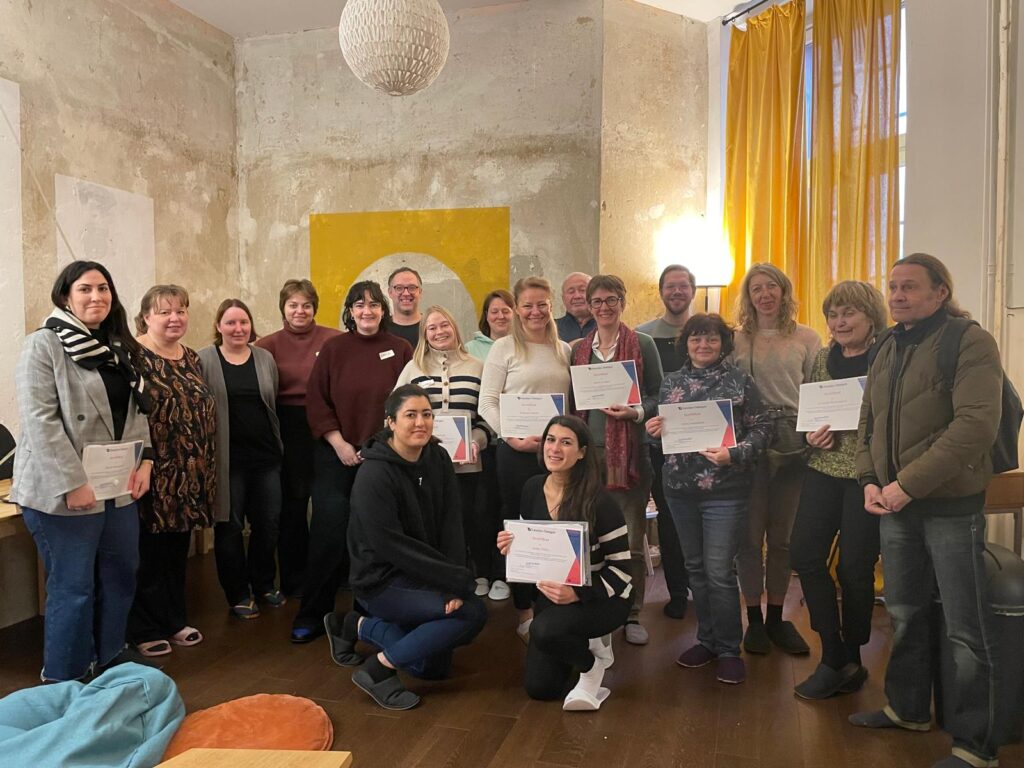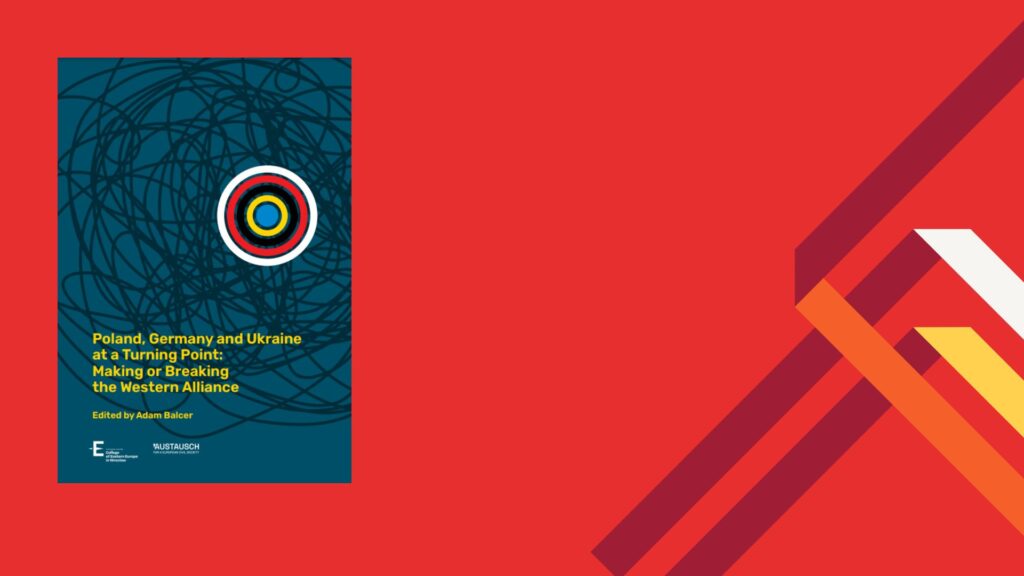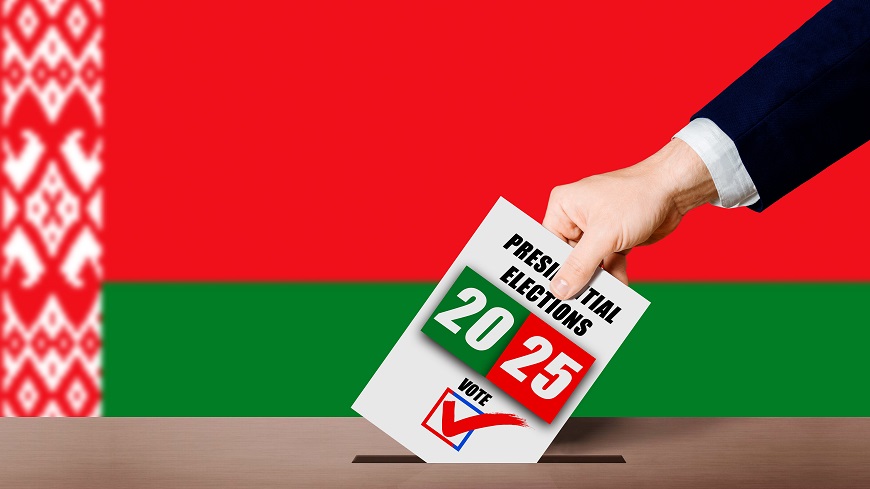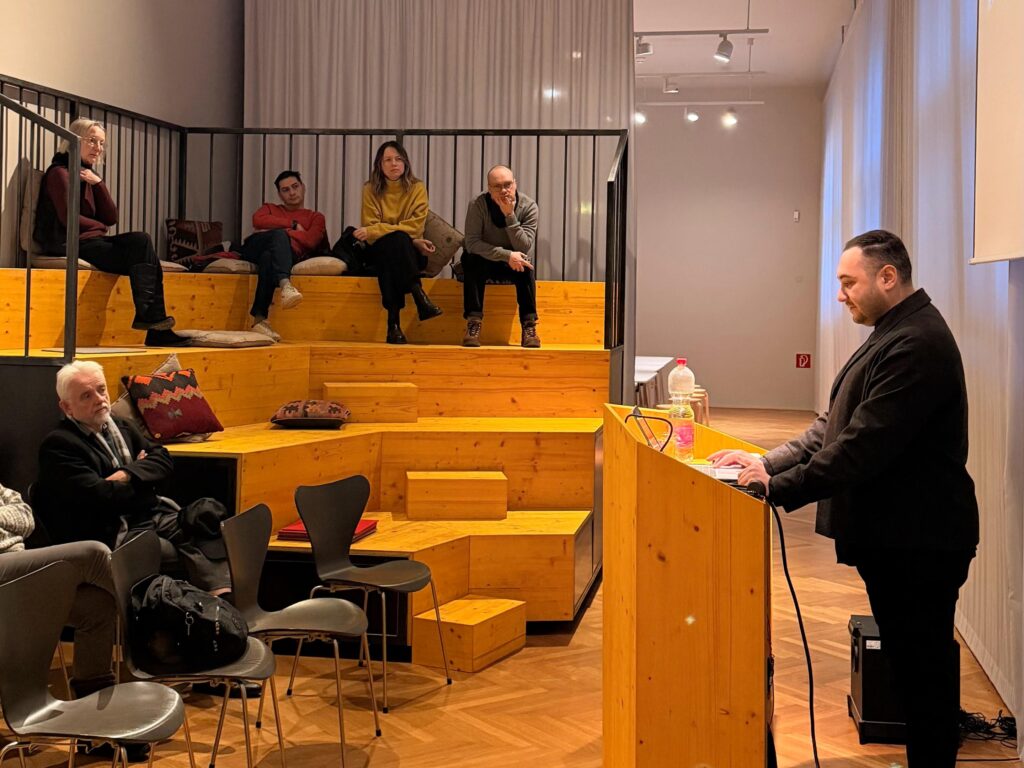European Network for Belarus
With the project “European Network for Belarus” we want to establish a European network of NGOs, experts and political representatives to support the democracy movement in Belarus. This network should strengthen the exchange to and the visibility of Belarus in Germany, the project partner countries Lithuania and Poland as well as on EU level.
A European debate on Belarus is currently more important than ever: The Russian war in Ukraine and its consequences for the region can neither be understood nor dealt with without regarding the Belarusian perspective. The situation asks for a closely coordinated response of the EU and the European civil society.
Meanwhile, the repressions of Lukashenka’s regime against the Belarusian civil society and opposition continue. Keeping events around Belarus on the political agenda and establishing a transnational network represent the main goals of the project.
The current project is based on the successful implementation of the predecessor project from 2021, which addressed the need for expertise and exchange on Belarus in light of the dramatic events following the presidential elections in Belarus in 2020. The “Arbeitskreis Belarus” (Working Group on Belarus), founded in August 2020 as a forum for exchange among representatives of German civil society, expert circles and politics, therefore continues to be a core element of the project. Following the example of the Arbeitskreis Belarus, similar structures in Poland and Lithuania will be established.
The project is implemented together with partner organisations from Belarus, Lithuanian, Poland, and Germany. This way we want to establish a sustainable European network for Belarus – also beyond Germany. Our six partner organisations are:
-
- Political Sphere (Belarus)
-
- Honest People (Belarus)
-
- Belarusian Community RAZAM e.V. (Germany)
-
- Human Rights in Belarus e.V. (Germany)
-
- Center for belarusian Solidarity (Poland)
- Jan Nowak-Jezioranski College of Eastern Europe (KEW) (Poland)
To promote the debate on Belarus and support the Belarusian democracy movement, we work on three levels:
-
- Expertise: The European Network for Belarus provides contacts and expertise on Belarus to political decision-makers, think tanks and civil society.
-
- Diaspora: The project aims at the institutional and political strengthening of the Belarusian diaspora structures in Germany, Lithuania, and Poland.
-
- Training: The European Network offers training opportunities for activists in Belarus. By doing so, our project partners integrate activists into the Network who continue to work in Belarus under most difficult conditions.
Project partners
Project donors
From April 2022 to December 2023, the project is funded by the German Federal Foreign Office within the Program “Civil Society Cooperation”.
In addition, the project receives funding from the German Marshall Fund of the US.

